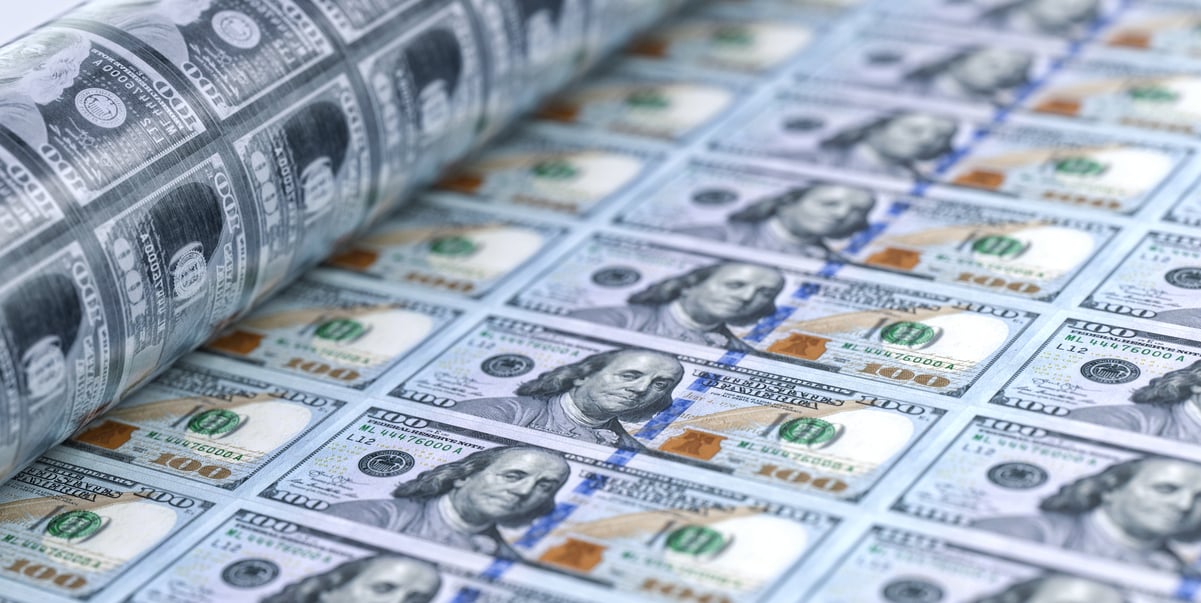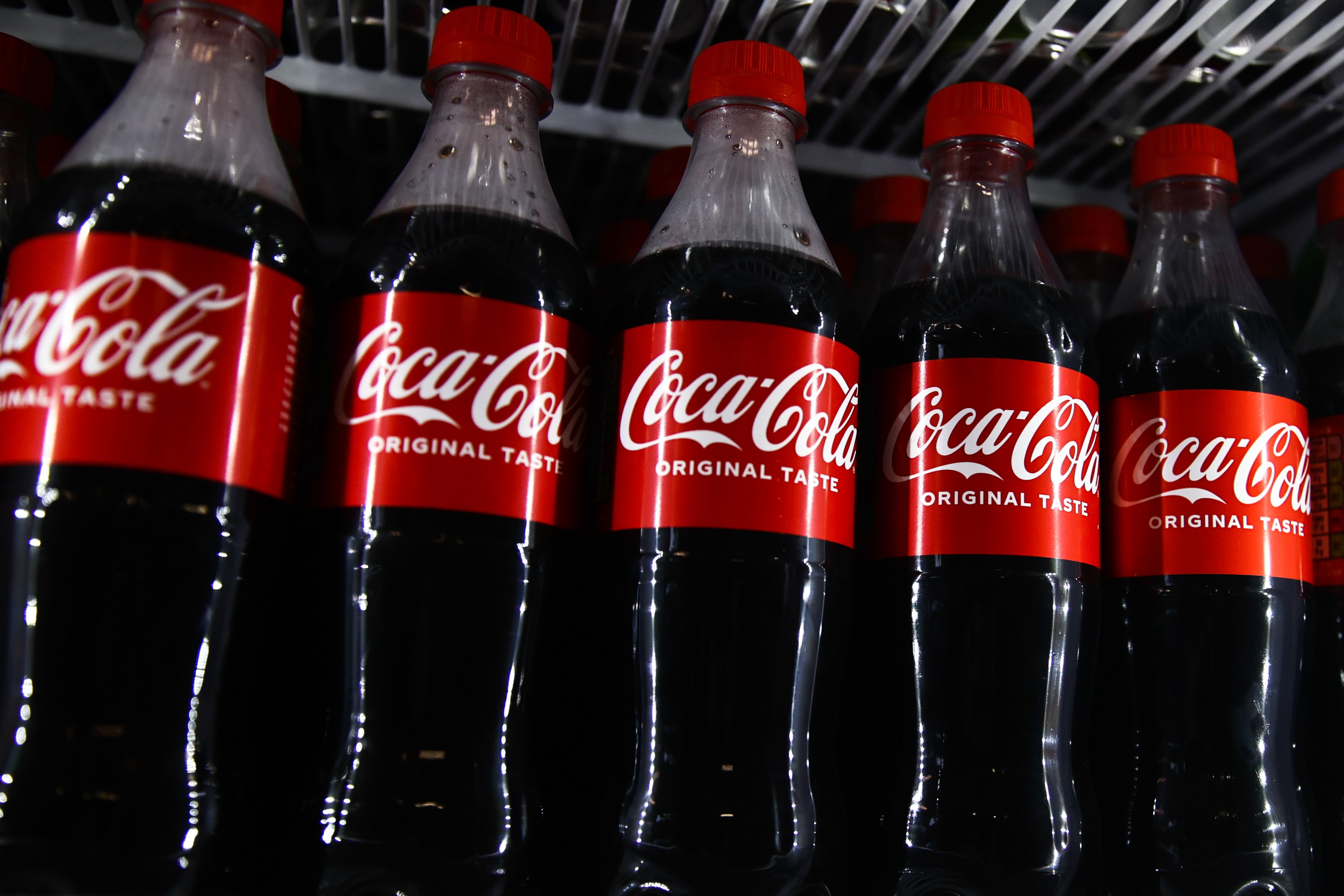
Is it fair for Coca-Cola to ask consumers to pay twice as much for this high-protein drink than for regular milk? Image: Fairlife.
Americans aren't drinking much milk anymore. Dairy consumption in the U.S. fell 2.6% in July from last year. The Washington Post reported this summer that per-capita consumption of milk is about 0.8 cups per day. The latest data from the Agriculture Department shows milk sales were down 4% in July from the year-ago period.
At the same time milk prices hit record levels in October. The average price of a gallon of whole milk reached $3.77. That's almost 1% more than the month before and 9% higher than it was in 2013.
So what's the bright idea Coca-Cola (KO +1.94%) has to boost sales? Introduce a new, expensive milk product. Coke says Fairlife will hit store shelves in December. It represents the premiumization of milk. According to the company, lactose-free Fairlife will have 50% more protein and calcium and half the sugars of regular milk. It will come in 2% milk, skim, and 2% chocolate milk.
We saw distillers milking the potential of premium and super-premium spirits when Diageo joined rap impresario Sean Combs to purchase super-premium tequila maker DeLeon. It launched Crown Royal XO, which is an ultra-premium blend of 50 different Crown Royal whiskies. And it bought super-premium tequila Peligroso to target the southern California action sports and surfing culture.
Why not make a premium product out of the more pedestrian milk? Because we're not earning our milk moustaches anymore. The average American drank over 30 gallons of milk annually in 1970. We drank just over 20 gallons in 2012.

Consumption of some dairy products, like cheese and yogurt, has risen since the 1970s. Declining milk consumption, however, caused total pounds of dairy products available to eat or drink annually to fall from 339.2 pounds per person in 1970 to 275.9 pounds in 2012.
What could go wrong with Coke's premium milk?
Coca-Cola believes Fairlife can be different. Produced in partnership with Select Milk Producers, Coca-Cola's premium dairy product contains 50% more protein than and half the sugar of regular milk. It's also lactose-free.
No doubt the beverage maker is trying to capitalize on the popularity of protein.
U.S. sales of packaged foods making protein-related claims on their labels jumped 50% over the last four years. This summer Hormel Foods paid $450 million for protein supplement drinks maker Muscle Milk. General Mills is fortifying Cheerios cereal with protein.
At twice the price of regular milk, Coca-Cola thinks Fairlife will eventually "rain money."
Good luck with that.
The leading dairy processor in the U.S. is Dean Foods (DF +0.00%). It has an estimated 35% share of the milk market. Dean reported a third-quarter loss from continuing operations of $0.16 per share because of the "challenges facing the dairy industry." Unadjusted fluid milk volumes declined 1% year over year.
Raw milk costs were $23.51 per hundred-weight in the quarter. That's 24% higher than the same period last year and is the second-highest quarterly average in the history of the U.S. dairy industry. The highest period was the second quarter of 2014. It's also trying to cash in on the protein craze. In August it introduced a high-protein TruMoo chocolate milk brand.
Flavored milk remains one category that recorded gains in Agriculture's July data. Sales rose 0.5%.

Dean Foods thinks chocolate milk is the way to someone's stomach and it's fortified its TruMoo brand with protein too. Image: TruMoo.
Dean Foods sees TruMoo growing into a $1 billion brand. Sales at convenience stores rose 11% in the third quarter and its market share rose to over 2%. It will be targeting TruMoo Protein Plus at young adult males. In 2013, before TruMoo Protein Plus milk launched nationally, Dean Foods said it sold more than 100 million units of TruMoo flavored milk in retail channels.
Coca-Cola's Fairlife product is part of a campaign by the Dairy Management organization to boost milk sales. Some 49,000 dairy farmers and processors fund Dairy Management, or DMI, through a "checkoff" program. Dairy farmers pay $0.15 and dairy importers pay $0.75 for every hundred pounds of milk they sell or import. The money goes into a generic dairy product promotion fund called the "dairy check off" that DMI manages.
Funds from the check off were behind the creation of the popular "Got Milk" campaign.
A report on AgWeb says DMI's partnership with Coca-Cola is part of a $500 million investment program. It will mainly target processing plants and stainless steel infrastructure. But the program will also feature other branded products besides Fairlife. Partners beyond Coca-Cola include Dairy Farmers of America, Darigold, Kroger, Maryland and Virginia Milk Producers, Southeast Milk, and Shamrock Farms.
Demand for protein may be rising, but milk consumption is still falling. And charging twice as much for the premium dairy beverage when half the U.S. adult population already swears off milk won't entice them to drink it.
Coca-Cola is facing a serious slump in soda sale. It looks like it will also end up eventually crying over spilled milk, too.










